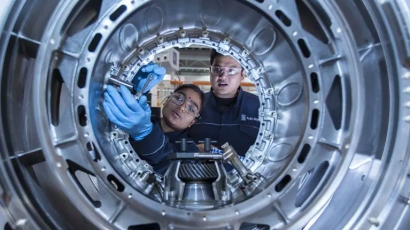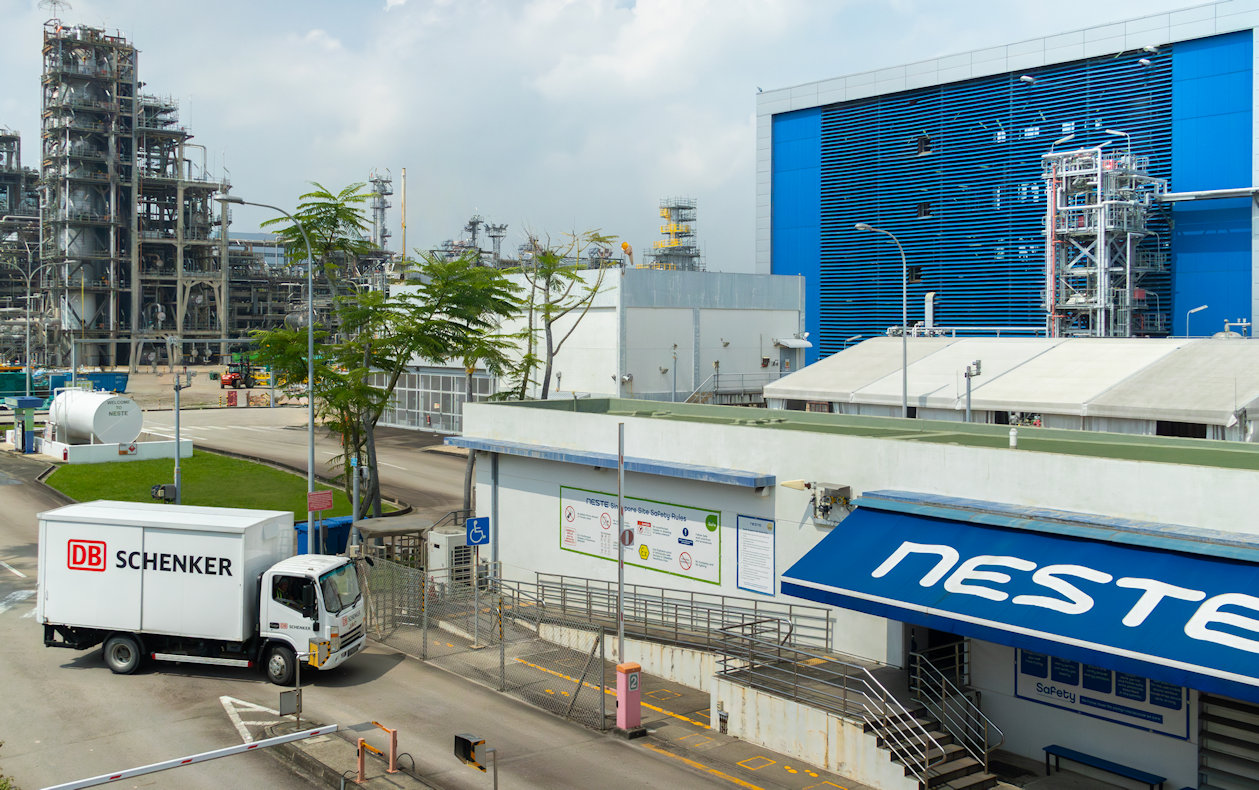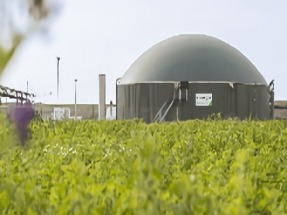“There is already a lot of interest in HVO in particular from many customers in the energy industry and data center business, who want to improve their carbon footprint,” explained Tobias Ostermaier, president of the Stationary Power Solutions business unit at Rolls-Royce Power Systems. “The results from pilot customers show a significant reduction in greenhouse gases, nitrogen oxide and particulate emissions by using HVO instead of fossil diesel in their gensets.”
Last year Rolls-Royce pledged to prove its most popular in-production engines, including the Series 4000, can be used with sustainable fuels by 2023.
The advantages of HVO are clean combustion with a reduction in particulate emissions of up to 80 percent, nitrogen oxide emissions by an average of eight percent and CO2 emissions by up to 90 percent compared to fossil diesel. Because HVO is produced from renewable raw materials, its production, transport, and combustion generate only about as many greenhouse gases as were absorbed by the plants during the growth of the biomass.






















